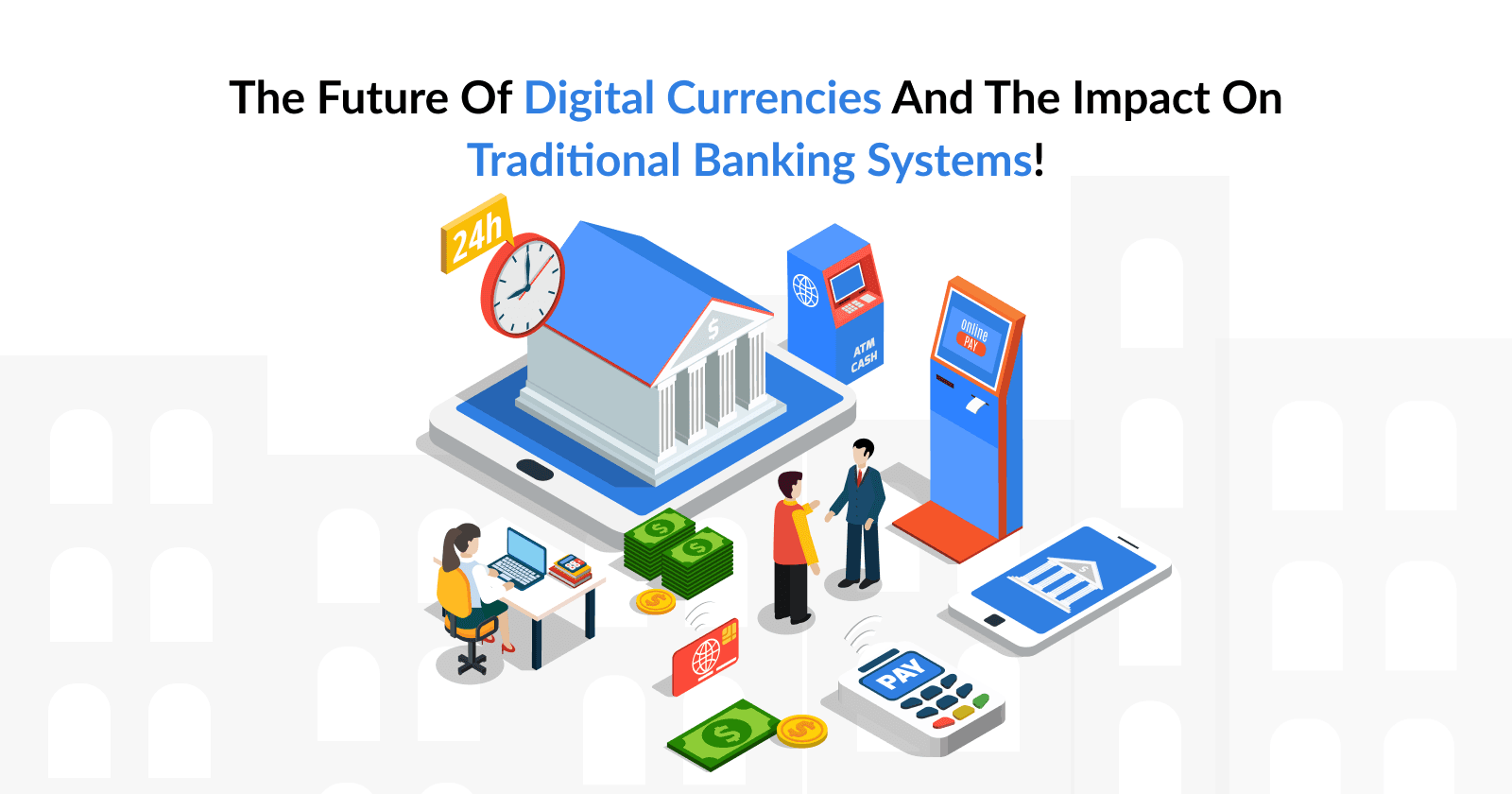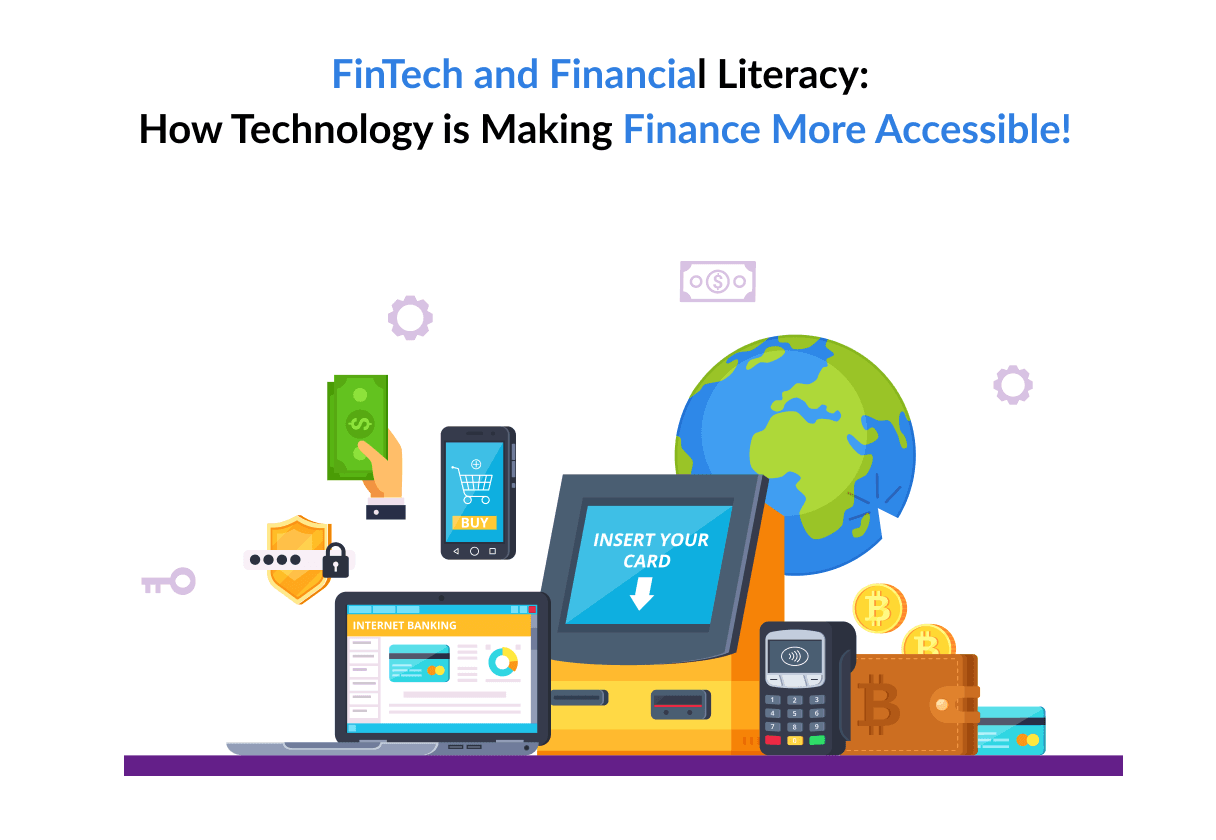Introduction
Open Banking is a new concept that has recently gained popularity in the financial industry. It is all about sharing financial data, empowering customers, and promoting innovation in the financial services industry.
Open Banking is a new concept that has recently gained popularity in the financial industry. It is all about sharing financial data, empowering customers, and promoting innovation in the financial services industry.
In this blog, we will explore what Open Banking is, its benefits, challenges, and opportunities, and how it will change how we bank.
What is Open Banking?
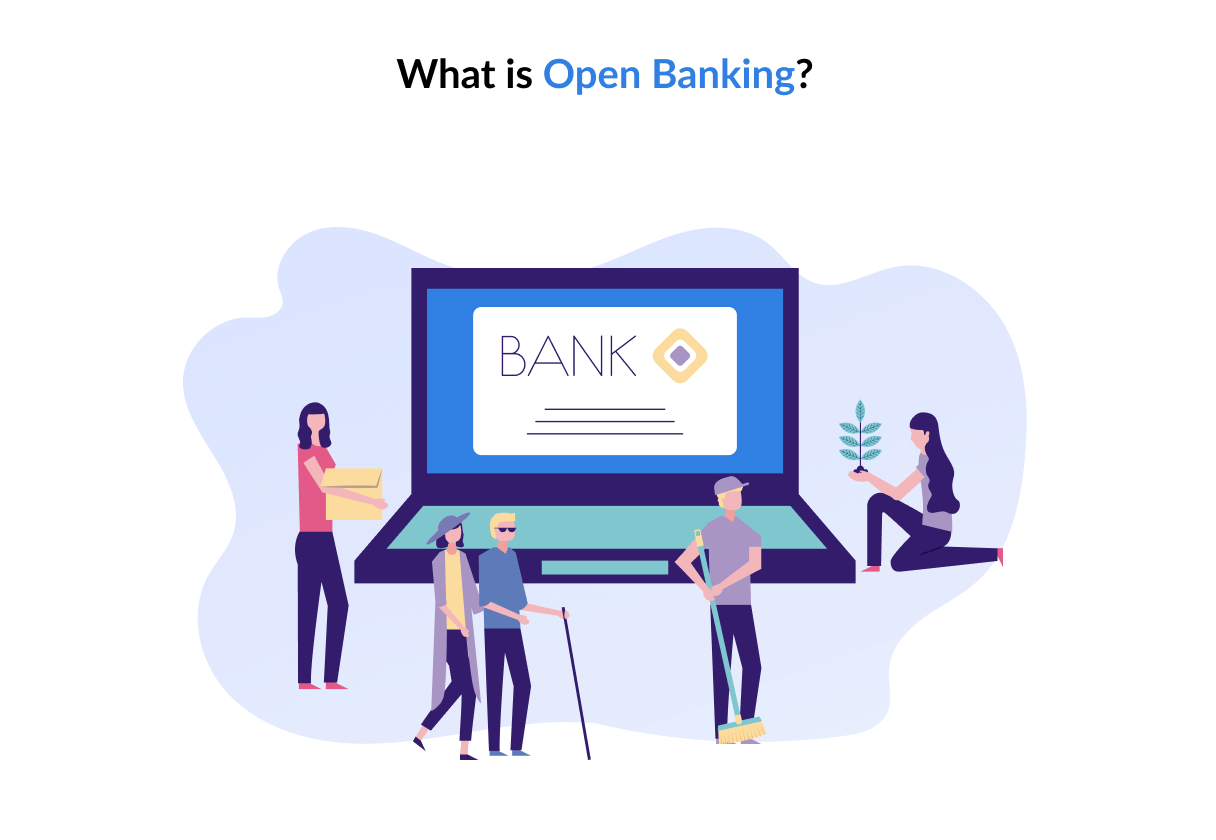
Open Banking is a financial concept that allows customers to share their financial data with third-party providers securely. The idea behind Open Banking is to create a more open and connected financial ecosystem that benefits consumers, businesses, and financial institutions alike.
Open Banking is made possible through the use of Application Programming Interfaces (APIs), which allow different financial institutions to share data. APIs act as intermediaries between different software applications, allowing them to communicate and share information.
Benefits of Open Banking
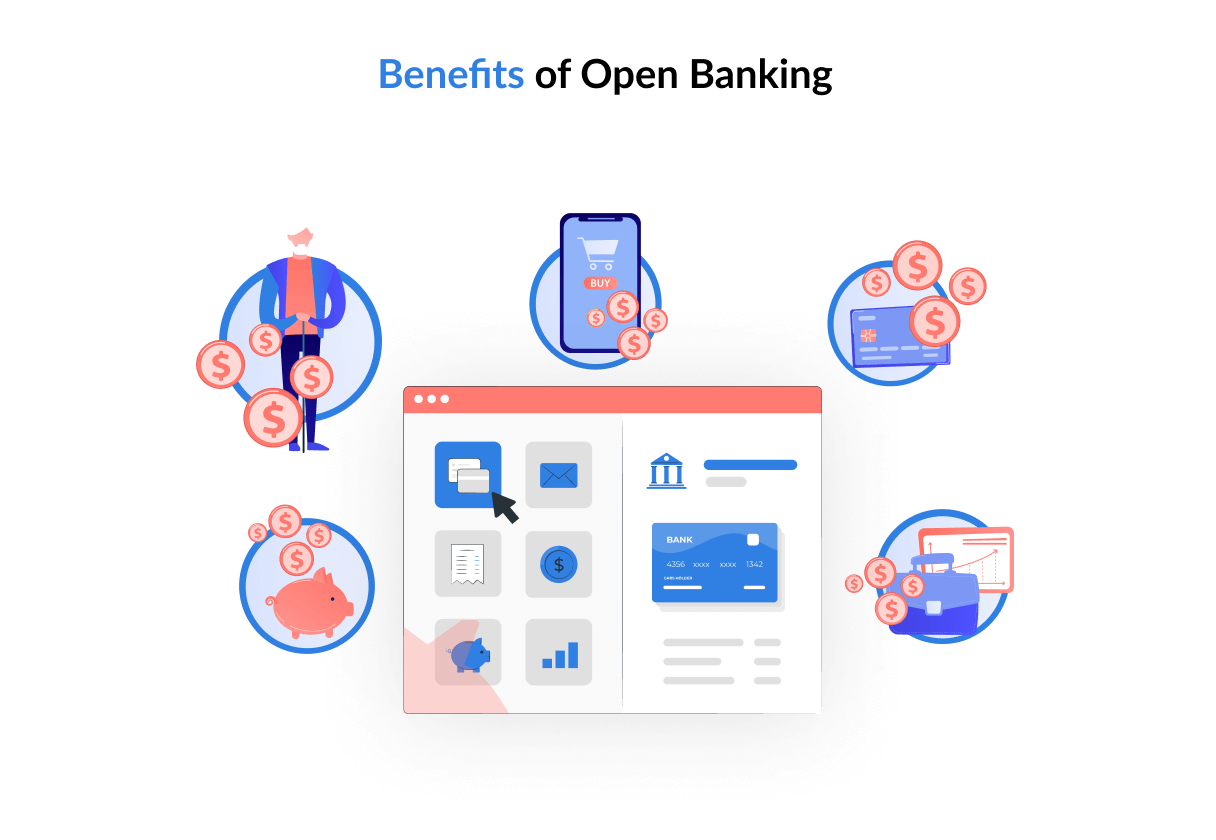
Better Access to Financial Services
Open Banking provides customers with access to a wider range of financial services. Customers can now access financial products and services from different providers, enabling them to find better deals and tailor their financial needs to their unique requirements.
More Personalized Financial Services
With Open Banking, financial institutions can use customers' financial data to offer more personalized financial services. For example, banks can analyze customers' transaction data to provide customized budgeting advice or suggest suitable investment opportunities.
Improved Customer Experience
Open Banking enhances the customer experience by providing a seamless and convenient banking experience. Customers can now access their financial data in one place, making it easier to manage their finances and make informed financial decisions.
Enhanced Security and Privacy
Open Banking provides customers with enhanced security and privacy. Banks must comply with strict regulations and security standards when sharing financial data, ensuring that customers' financial information is safe and secure.
Increased Competition
Open Banking promotes competition in the financial services industry. It enables new entrants to offer innovative financial products and services, which can drive down prices and improve customer service.
Financial Inclusion
Open Banking has the potential to promote financial inclusion by providing access to financial services to underserved and marginalized communities.
Challenges of Open Banking
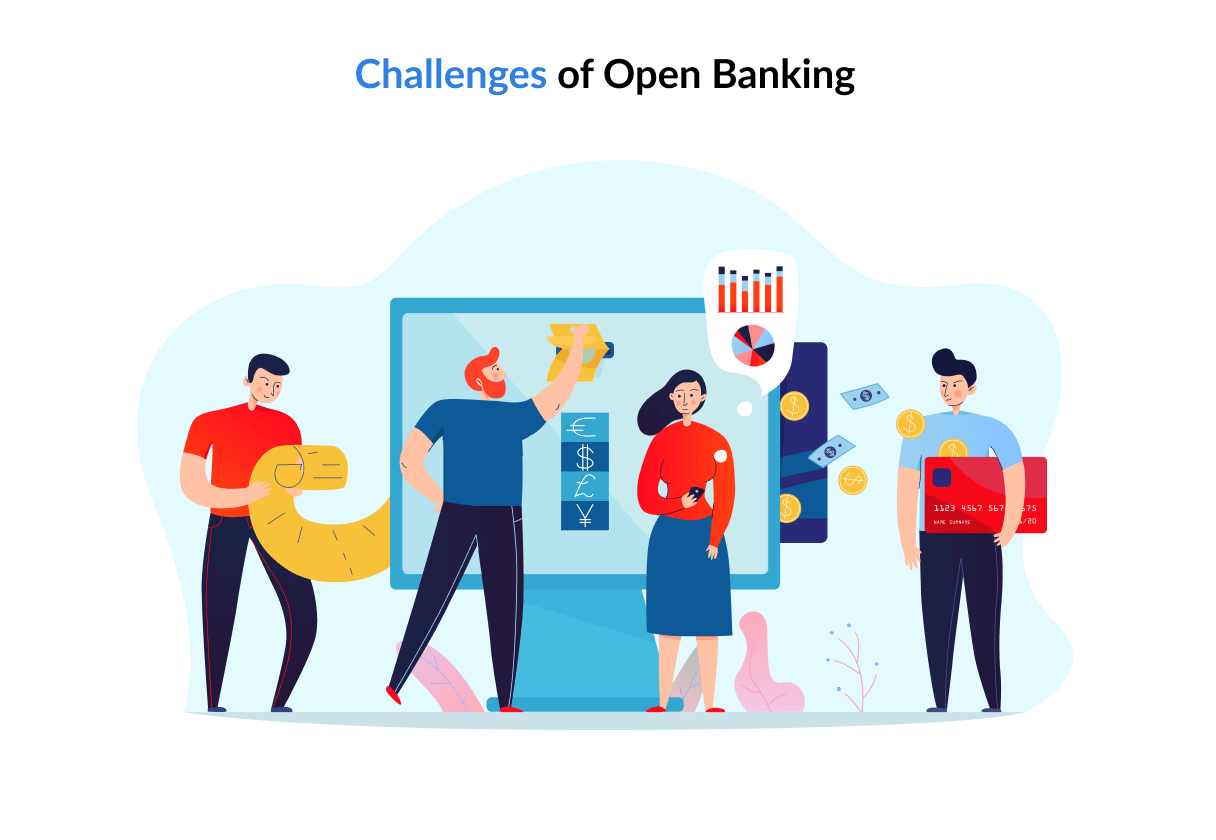
Open Banking also presents some challenges that need to be addressed. Here are some of the main challenges of Open Banking
Data Privacy Concerns
Sharing financial data with third-party providers can raise concerns about data privacy and security. Customers must trust that their financial data is secure and that it will not be misused or mishandled.
Regulatory Compliance
Open Banking requires financial institutions to comply with strict regulations and standards to ensure data privacy and security. Banks must also ensure that they have the necessary systems and processes in place to share data securely with third-party providers.
Technical Complexity
Implementing Open Banking can be technically complex and requires significant investments in IT infrastructure and resources. Financial institutions must ensure that they have the necessary systems and processes in place to share data securely and efficiently.
Legal Challenges
Open Banking involves sharing financial data, which can raise legal challenges. Financial institutions must ensure that they comply with relevant laws and regulations when sharing data with third-party providers.
Standardization
Open Banking requires standardization of APIs, data formats, and security protocols to ensure interoperability between different financial institutions and third-party providers.
Customer Awareness
Open Banking is a new concept, and many customers may not be aware of its benefits and risks. Financial institutions must ensure that they educate their customers about Open Banking to build trust and confidence.
Opportunities of Open Banking
Open Banking presents several opportunities for financial institutions and third-party providers. Here are some of the main opportunities of Open Banking
Collaboration
Open Banking promotes collaboration between different financial institutions and third-party providers. Financial institutions can partner with third-party providers to offer innovative financial products and services, which can improve customer experience and increase revenue.
Innovation
Open Banking enables financial institutions and third-party providers to innovate and develop new financial products and services. For example, third-party providers can develop new budgeting apps or investment platforms to help customers manage their finances more effectively.
New Revenue Streams
Open Banking creates new revenue streams for financial institutions and third-party providers. Financial institutions can monetize their data by sharing it with third-party providers or by offering value-added services to their customers.
Enhanced Customer Loyalty
Open Banking can enhance customer loyalty by providing a more personalized and seamless banking experience. Customers are more likely to remain loyal to financial institutions that offer tailored financial products and services.
Competitive Advantage
Open Banking can provide financial institutions with a competitive advantage by enabling them to offer innovative financial products and services that meet customers' evolving needs.
Improved Risk Management
Open Banking can improve risk management by providing financial institutions with access to a wider range of data. Banks can use this data to make more informed lending decisions and assess credit risk more accurately.
Conclusion
Open Banking is a revolutionary concept that can potentially transform the financial services industry. It enables customers to access a wider range of financial products and services, enhances customer experience, and promotes innovation and competition.
However, it also presents some challenges that need to be addressed, such as data privacy and security concerns, regulatory compliance, and technical complexity. Financial institutions must ensure that they comply with relevant laws and regulations, educate their customers about Open Banking, and invest in the necessary IT infrastructure and resources to implement Open Banking successfully.
Empowering Financial Innovation: How Remotestate Can Help You Implement Open Banking Successfully!
Remotestate can help financial institutions and third-party providers to implement Open Banking successfully. With our expertise in software development, we can help our clients to design and develop secure and robust APIs that comply with relevant laws and regulations.
Our team of experienced software developers can also help financial institutions and third-party providers to integrate their systems with various banking data sources, such as payment systems, credit bureaus, and account aggregation services.
By leveraging our expertise in software development, financial institutions, and third-party providers can accelerate their Open Banking initiatives and provide their customers with more innovative and personalized financial products and services.
FAQs
What is Open Banking?
Open Banking is a financial concept that allows customers to share their financial data with third-party providers securely. The idea behind Open Banking is to create a more open and connected financial ecosystem that benefits consumers, businesses, and financial institutions alike.
What are the benefits of Open Banking?
Open Banking provides customers with better access to financial services, more personalized financial services, improved customer experience, enhanced security and privacy, increased competition, and promotes financial inclusion.
What are the challenges of Open Banking?
The challenges of Open Banking include data privacy concerns, regulatory compliance, technical complexity, legal challenges, standardization, and customer awareness.
What are the opportunities of Open Banking?
The opportunities of Open Banking include collaboration, innovation, new revenue streams, enhanced customer loyalty, competitive advantage, and improved risk management.
Publication Date
2023-05-23
Category
Fintech
Author Name
Sajal Nehra
